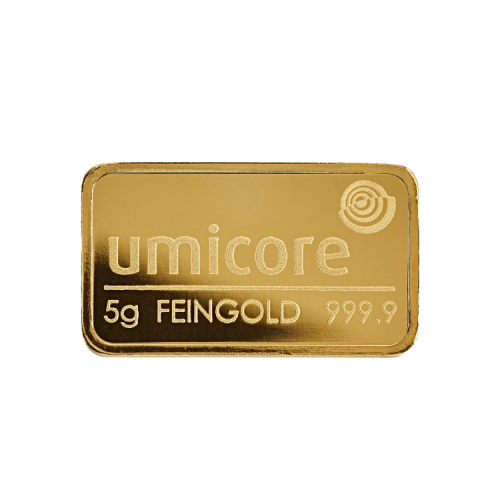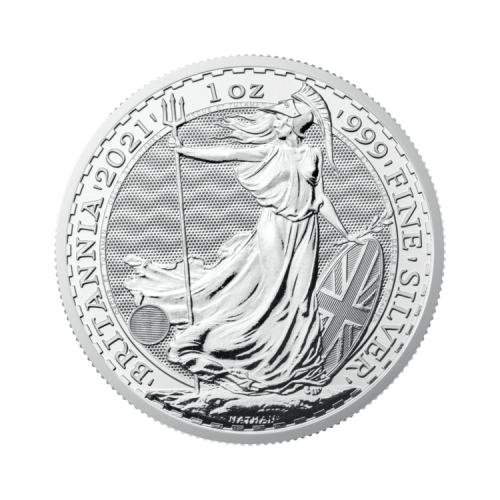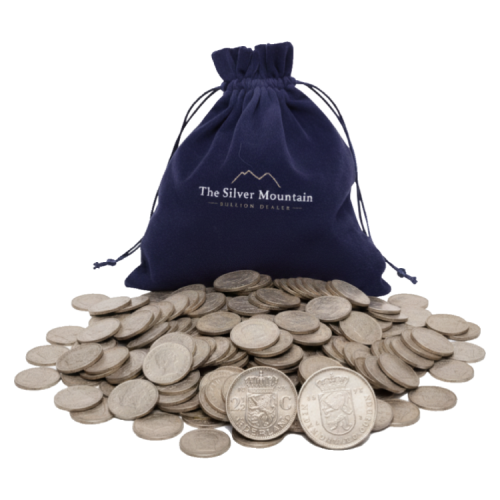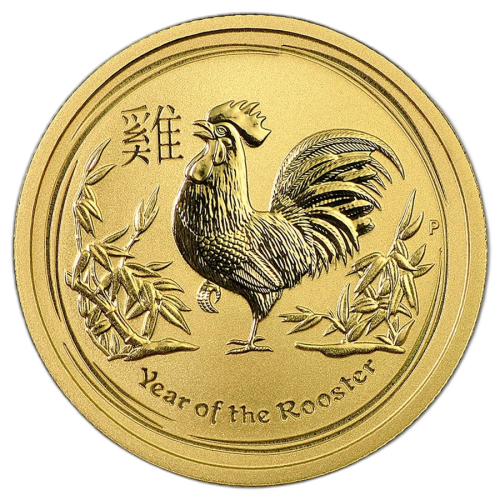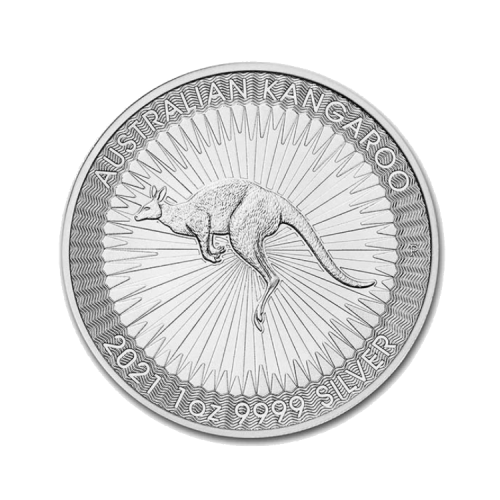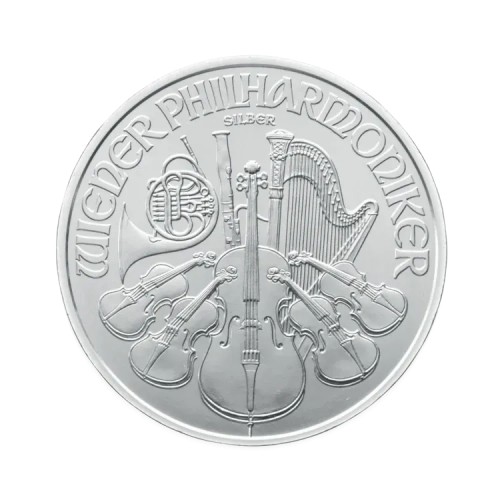- Customer rating: 4,8
- Fully insured shipment
- Buy-back guarantee on all precious metals.

- Home
- Buy gold
- Buy silver
- Buy platinum
- Collectible coins
- Knowledge Centre
- Deals
- Sell
- Rates
- Customer service
- Back
- 1 - 5 gram
- 10 - 25 gram
- 1 troy ounce (31,103 gram)
- 50 - 100 gram
- 250 gram - 1 kilogram
- Combibars
- Pre-owned gold bars
- All gold bars
- Back
- Gold Maple Leaf coins
- Gold Krugerrand coins
- Gold Wiener Philharmoniker coins
- Gold Kangaroo coins
- Gold Britannia coins
- Gold Lunar coins
- Gold Panda coins
- Gold Mexican Libertad coins
- All gold bars
- Back
- Silver Maple Leaf coins
- Silver Krugerrand coins
- Silver Wiener Philharmoniker coins
- Silver Kangaroo coins
- Silver Britannia coins
- All silver coins
- Back
- Buy silver collectible coins
- Silver collectible coin series
- Buy gold collectible series
- Gold collectible coin series
- Collectible coins
- Back
- 1 troy ounce
- 2 troy ounce
- 3 troy ounce
- 5 troy ounce
- 10 troy ounce
- 1 kilogram
- All silver collectible coins
- Back
- Mytical figures
- Tudor Beasts
- Lunar
- Myths and Legends
- Paintings
- Antique finish
- All silver collectible coin series
-
0 products
Filter
In stock
Sort
Weight


Series


Year of issue


Other


Price


€
 €
€
 €
€
Amount
Type purchase
Metal
Type
Type purchase
Metal
Type
What are you looking for?
Sign up for our newsletter

Be the first to discover the latest products and the latest news about precious metals.


Searching within The Silver Mountain
Highlighted
- Discount
- Pre-owned
- Discount
- Pre-owned
- Pre-owned
- Discount
- Pre-owned
- Discount
- Pre-owned
- Pre-owned
© 2008 - 2026 The Silver Mountain B.V.
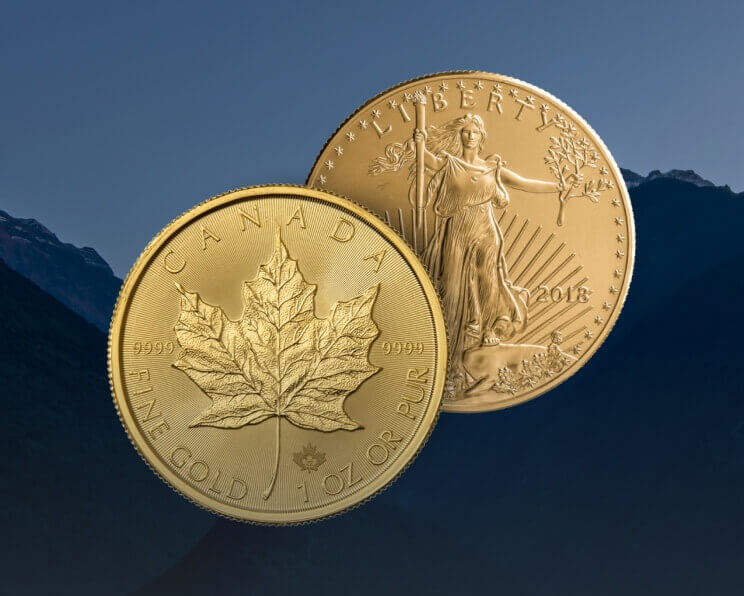
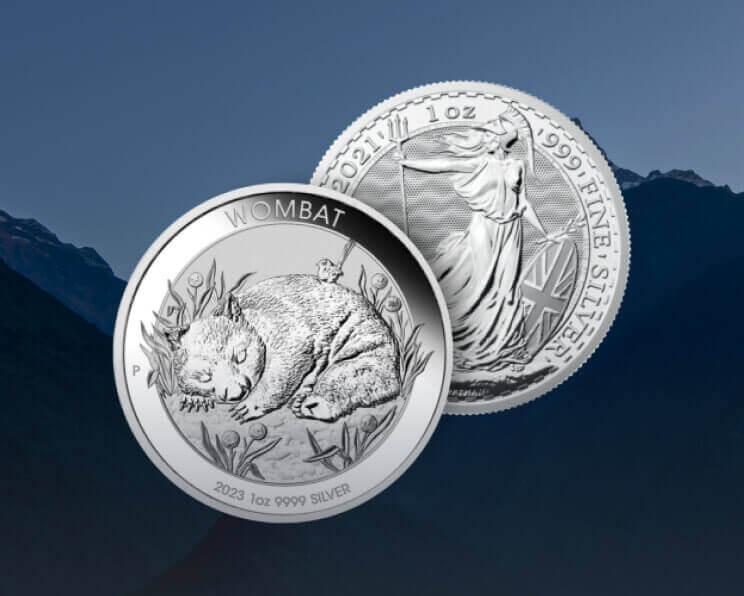
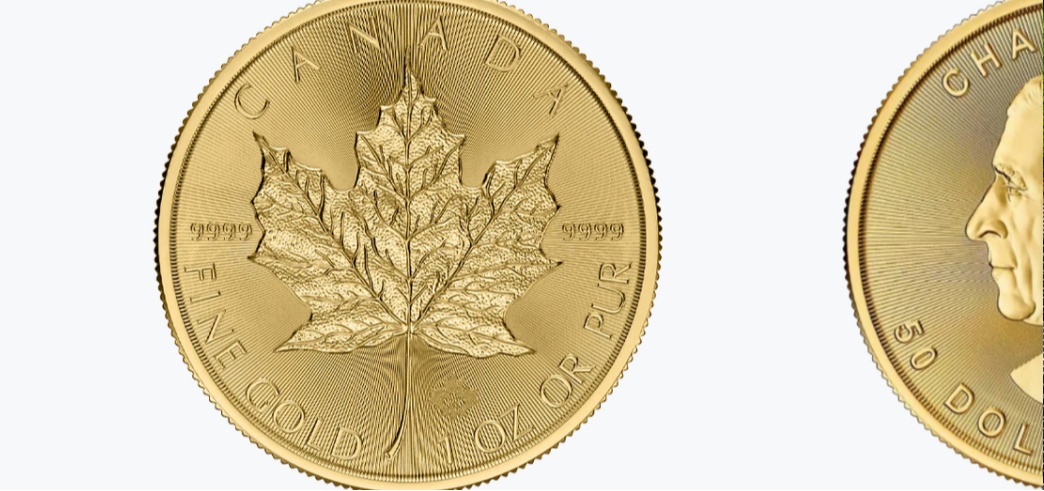
 About
About 
